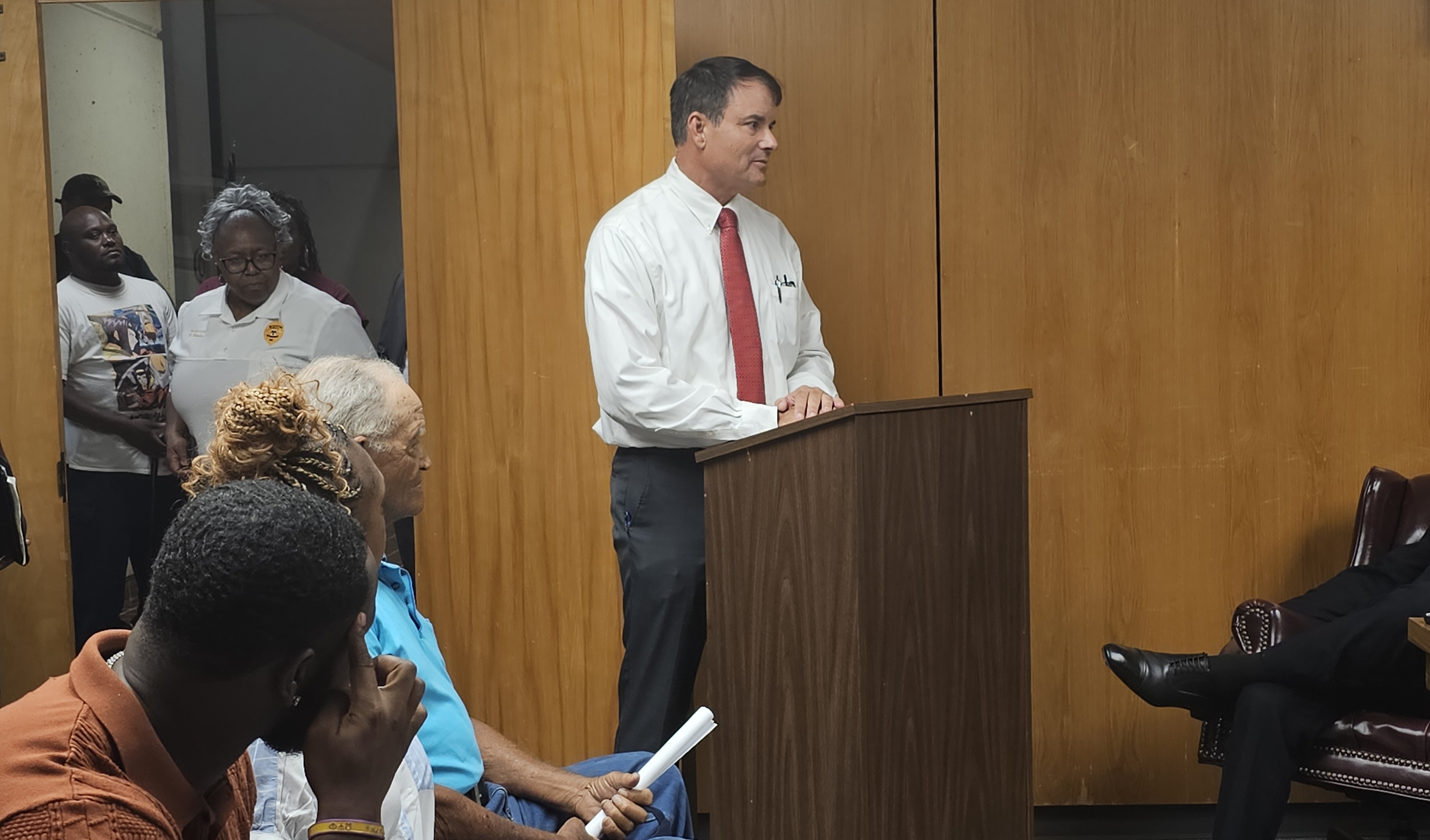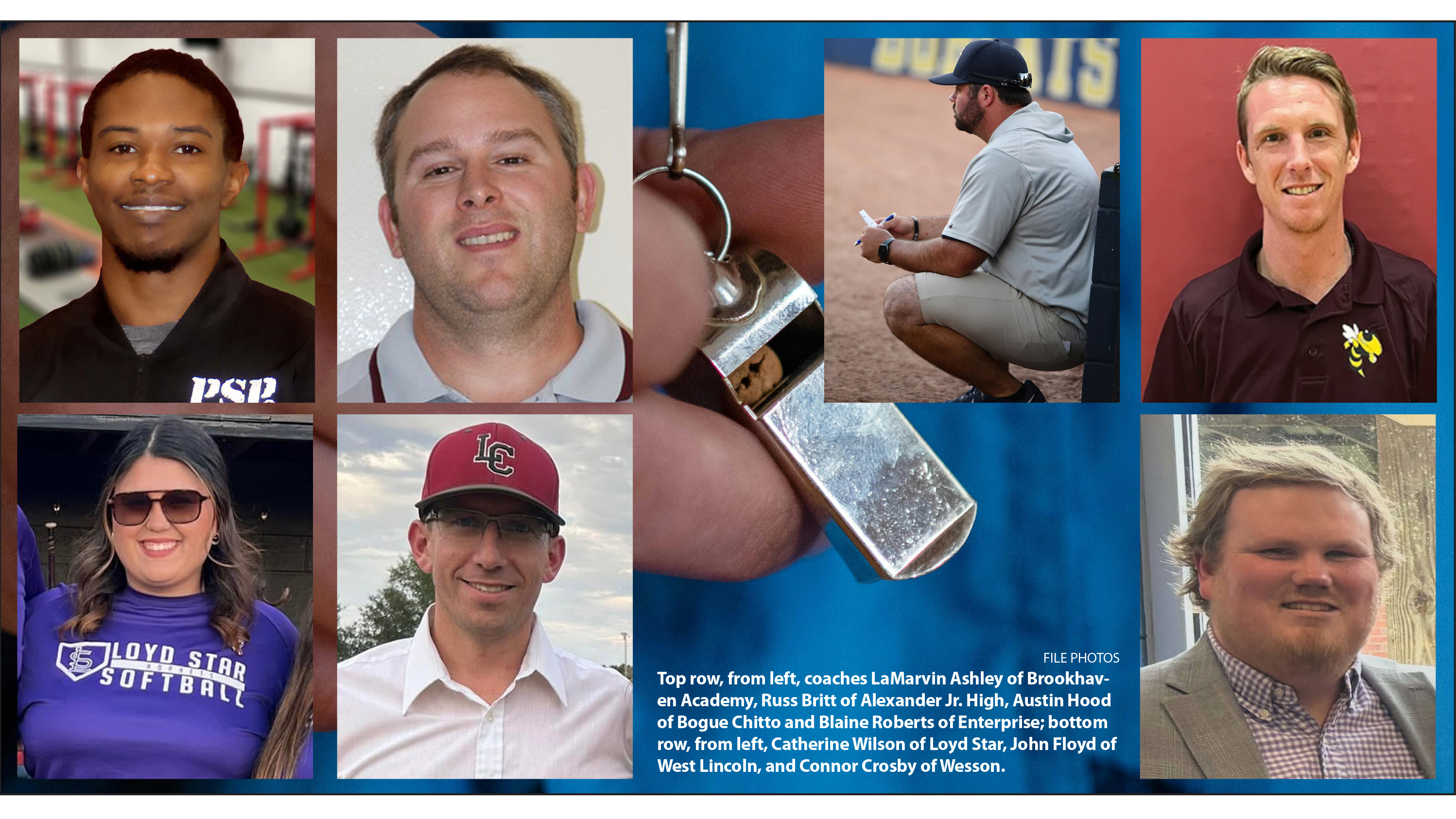Command class prepares responders
Published 5:00 am Friday, May 9, 2008
Emergency personnel from across the state will gather inBrookhaven next week for an advanced training session mandated bythe federal and state governments.
The two-day session, which will be held Tuesday and Wednesdayfrom 8 a.m. to 4 p.m. at the Lincoln County Mutli-Purpose Complex,is the highest-level course in a series of Incident Command Systemcourses, sponsored by the Department of Homeland Security andadministered through Mississippi State University.
Next week’s course, ICS 400, is designed to teach senioremergency personnel how to coordinate multiple agencies at thescene of an incident or event – to serve as the incident commander- and equip them to return to their respective organizations andpass that knowledge on.
“The class we’re doing is to train the trainers,” said LincolnCounty Civil Defense Director Clifford Galey, whose agency ishosting the course. “When the course is over with, the folks thatare in the class will be able to go back to their jurisdictions andteach their responders how to be, possibly, the incidentcommander.”
Galey said ICS 400 – which, unlike the ICS courses below itcannot be taken online – will include table-top exercises to teachthe potential incident commanders how to streamline a multi-agencyresponse. The course will also install a common language for useamong such responders as firefighters, law enforcement andparamedics.
Different agencies use a different language over the radio -even the sheriff’s and police departments utilize different “10codes.” ICS 400 will bridge the gaps in agency communications bysimplifying and streamlining existing procedures.
Basically, it teaches all levels of officials how to respond,who to call upon and what materials to have on hand in a unifiedplan.
“What it does is put everyone who can or does respond to anincident to using the same management system,” Galey said. “Thisway, there is no confusion as to what all agencies involved aredoing at the scene.”
Galey pointed out that ICS 400 is not limited to any one type ofincident – the lessons learned can be applied to anything from agrass fire to a chemical spill. The course is likewise not limitedto any one type of responder. Galey said even non emergencypersonnel, such as city and county public works officials and therural water associations, can enroll in the course.
While ICS 400’s predecessor classes – 100, 200 and 700 – havebeen taught in Brookhaven before, next week will mark the firsttime this highest-level course has been taught in Brookhaven. Galeysaid the two-day event would serve as a small benefit for the localeconomy, as he expects 35 to 40 personnel to visit the city.
Having the class held locally will also benefit local agencies,as Lincoln County Sheriff’s Department Capt. Dustin Bairfield andSouthwest Mississippi Narcotics Task Force Commander John Douglas -Lincoln County’s two officers who have been through the ICS classesbefore – are likely to be in and out of the courses for a quickrefresher.
“Having the class here will put more people on the groundlocally who can instruct it, and that’s a good thing,” Douglassaid. “Having that class here is definitely an advantage to anyagency here that needs it. When I took it, I had to travel toJackson. Having it here will benefit our departments in gas andtime.”
Douglas testified to the usefulness of the ICS training,recalling times that he and his fellow officers have used their ICSknowledge in several required training sessions. The unifiedcommand taught by ICS has also been applied in the field, Douglassaid, making a great difference last year at an oil wellblow-out.
“When they called us, we went down there and they already hadICS implemented, with all the charts and boards laid out, thefacilities named and everything,” he said.
Douglas said ICS could be used for any situation, recalling thephrase used by his own ICS instructor: “You can use ICS to plan awedding.” And once the system is mastered, Douglas said, itproliferates.
“We use ICS nearly on a daily basis in any operations we do,” hesaid. “We may not fill out the forms, but we use the organizationand tactics every day. Most public safety departments use ICS everyday, they just don’t name it or recognize it.”




